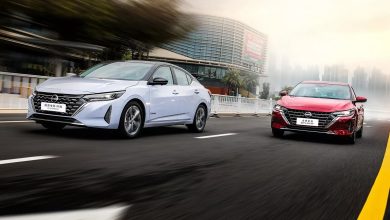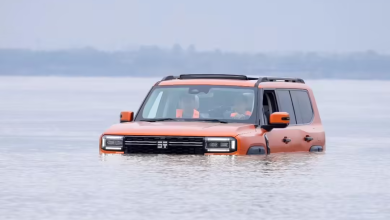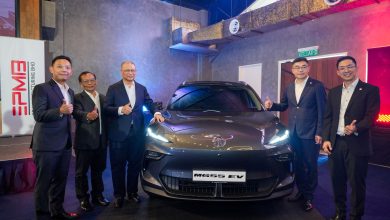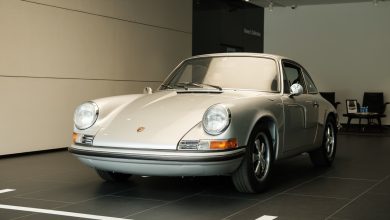Kia To Introduce 7 New EVs In The Next 7 Years

The Korean automaker aims for a quarter of its sales to be from EVs by 2029.
Kia has announced its plan to introduce at least 7 additional EV models into its lineup by the year 2027. A small part in its greater plan for further electrification by the South Korean automaker.
Based on its ‘Plan S’ strategy laid out in the beginning of this year, Kia aims to ‘establish a leadership position in the global EV market’ through various means, including launching a diverse range of dedicated vehicles to capitalise on the increasing electrification that is happening to the auto industry today.
President and CEO of Kia Motors, Ho Sung Song has said that the firm plans for 25% of its total worldwide sales to be from battery electric vehicles (BEVs) by 2029. To that effect, the automaker plans to expand its current BEV lineup from 3 to 11 by 2025. And in that same time aims for BEVs to account for 20% of total Kia sales in advanced markets like Korea, North America and Europe.
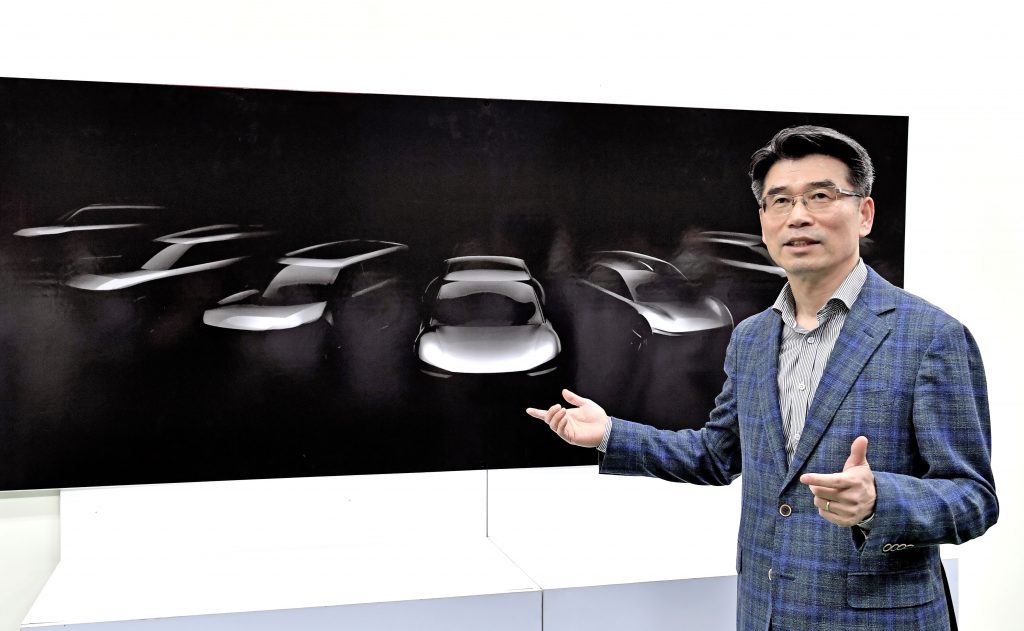
The first of these new cars to come from Kia’s all-out EV assault will be the production version of Kia’s CV concept car. First shown in the 2019 Geneva Auto Show, this will be the marque’s first dedicated BEV and will debut Hyundai-Kia’s Electric-Global Modular Platform (E-GMP). Promising best-in-class interior volume, this new EV will set to launch next year in ‘many regions globally’. So there may be hope it arrives in Malaysia.
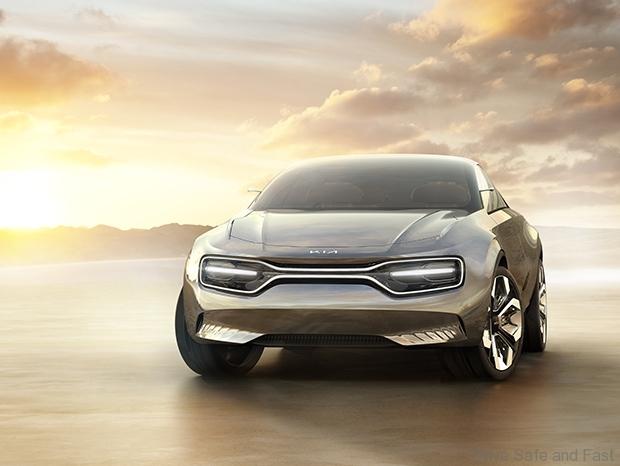
In addition to just launching EVs, Kia has also realised that in order to increase the adoption of EVs by the public. The after sales and infrastructure around the EV ecosystem will need to be improved rapidly and comprehensively to make it a viable alternative to the current fuel-burning vehicles.
To that end, Kia has plans to overhaul the EV ownership experience as part of the aforementioned Plan S strategy. Starting with the car buying experience, the South Korean automaker is exploring options into subscription services for its cars, in addition to EV battery leasing and rental programs as a way of diversifying purchase options to suit various consumer demands.
Through this plan too, EV-centric after sales services are given particular attention, as Kia seeks to ‘expand its global after service infrastructure’. Not only with the increase in dedicated EV service bays, but also with the increase in the number of qualified trained technicians proficient in EV maintenance.
Lastly, and perhaps most importantly, Kia seeks to improve the charging infrastructure globally, as that is seen by the company as ‘pre-condition for the popularisation of EVs’. In that respect, Kia has already forged ties with major European charging network Ionity and e-mobility startup Purple M, with aims to further collaborate with the private and public sector to improve charging accessibility in the future.
As if it wasn’t already clear enough, this forceful push towards electrification by Kia should make it crystal that the way forward for the auto industry is down the path of electrification. That said though, while 7 cars in 7 years may seem like a lot, and a global EV sales goal of 25% of its model range is ambitious, are these goals set by Kia actually feasible, or in another sense perhaps even too unambitious?
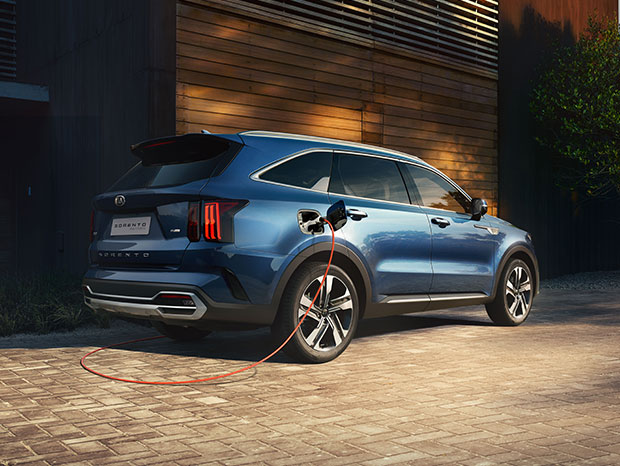
PRESS RELEASE: Kia Motors Corporation has shared a glimpse of its global electric vehicle (EV) business strategy today, revealing an early sketch of several of the brand’s future dedicated Battery Electric Vehicles (BEVs). Details of Kia’s future EV product strategy were announced by Kia President and CEO Ho Sung Song during an event at the brand’s Hwasung plant in Korea.
Kia will establish a leadership position in the global EV market by responding to fast-growing global consumer demand for EVs. The brand will launch a diverse range of dedicated BEVs and partner with EV charging companies worldwide to achieve this.
“Kia has sold more than 100,000 BEVs worldwide since the introduction of our first mass-produced BEV in 2011, the Kia Ray EV, ” said CEO Song. “Since then, we have started to introduce a range of new BEVs for global markets and announced plans to accelerate this process in the years ahead. By refocusing our business on electrification, we are aiming for BEVs to account for 25 percent of our total worldwide sales by 2029.”
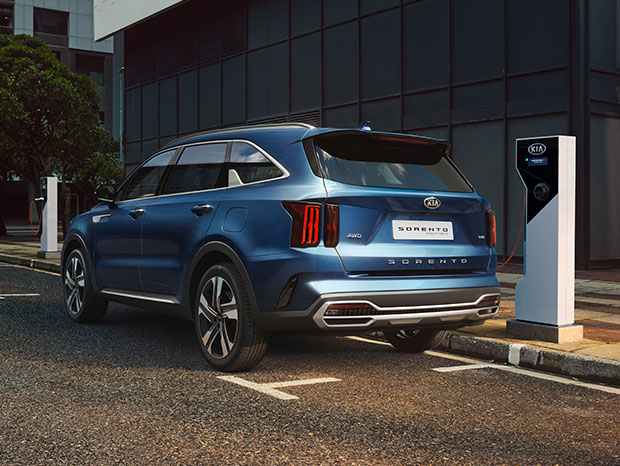
Under Kia’s ‘Plan S’ strategy, announced at the start of 2020, the brand plans to expand its BEV line-up to 11 models by 2025. Over the same period, Kia is aiming for BEVs to account for 20 percent of the brand’s total vehicle sales in advanced markets, including Korea, North America and Europe. Seven dedicated BEVs in the sketch revealed today will be launched by 2027.
The first of these BEVs, code-named CV, will be revealed in 2021 as the brand’s first dedicated BEV, destined for many regions globally. The new model will offer the same competitive product quality and eye-catching design as Kia’s other vehicles, with high-performance driving and recharging characteristics.
Kia’s ‘Plan S’ strategy – a transition to electrification
Earlier in January, Kia Motors unveiled its ‘Plan S’ mid- to long-term future strategy, outlining the brand’s plans to transition its future businesses to focus on BEVs and mobility solutions. Kia is focused on securing a global EV leadership position by launching dedicated BEV models and innovating in areas such as production, sales and services.
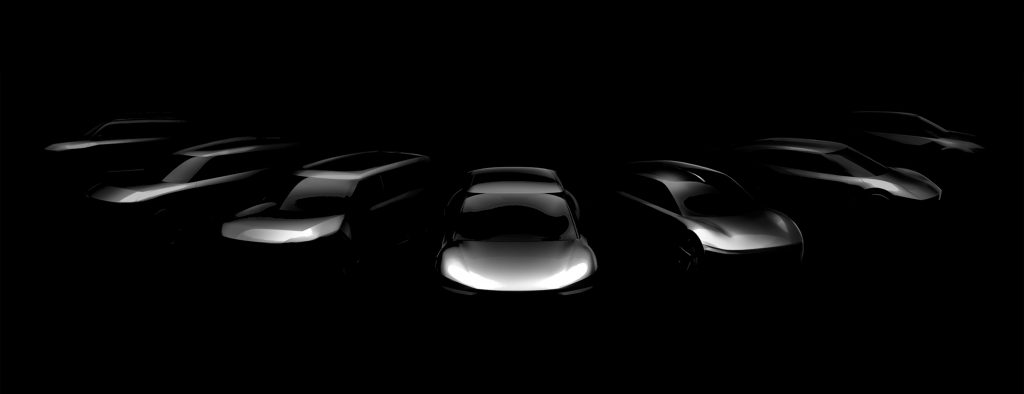
Kia Motors is undergoing a company-wide transformation in order to realize ‘Plan S’. The CV model, due to launch in 2021, will encapsulate the brand’s attitude towards innovation and change, presenting a new design direction that signifies Kia’s transition to an EV-focused business strategy. Kia’s new design philosophy embraces progress, diversity and a rich composition of contrasting elements.
Kia is innovating its vehicle planning, development and production to actively reflect diverse customer needs from the product planning stage. Kia is planning to respond to market demands by offering diversified product types, with a range of models suitable for urban centers, long-range journeys, and performance driving. Furthermore, by adapting its new Electric-Global Modular Platform (E-GMP), Kia will be able to offer vehicles with best-in-class interior spaciousness.
Kia Motors is also seeking to innovate its sales practices for EVs. The brand is exploring the creation of subscription services to offer a diversified buying option for customers, as well as EV battery leasing and rental programs, and other ‘second-life’ battery-related businesses.
In addition, Kia Motors plans to expand its global after service infrastructure for EVs. Kia aims to increase its number of dedicated EV work bays in Korea to 1,200 by 2030. In other markets worldwide, Kia will increase its number of EV work bays to 600 by the end of this year, and more than 2,000 by 2023. Kia also plans to develop its own programs to train EV maintenance professionals.
Kia sees the expansion of electric charging infrastructures as a pre-condition for the popularization of EVs and continues to explore activities worldwide to improve charging accessibility for drivers.
In Korea, Kia will strengthen business activities that directly lead to the construction of a charging infrastructure. Initially this will rely on its existing network of nationwide sales branches, dealerships and service centers, with Kia aiming to supply around 1,500 EV chargers by 2030. Furthermore, Hyundai Motor Group will install 120 Ultra-Fast Chargers by 2021 in urban centers and along twelve highways linking eight provinces across the country.
Worldwide, Kia is establishing more than 2,400 EV chargers in Europe and around 500 in North America, partnering with its dealer networks. Kia plans to continue to increase its charging infrastructure in line with the growing market for EVs.
Furthermore, Kia is striving to secure a comprehensive charging infrastructure for customers through strategic alliances, starting with a strategic investment in IONITY, a European company specializing in high-speed EV charging, in September last year. Kia is also seeking charging infrastructure partners for the U.S. and China to provide an optimized infrastructure tailored to conditions in each market, while strengthening cooperation to leverage new charging technologies.
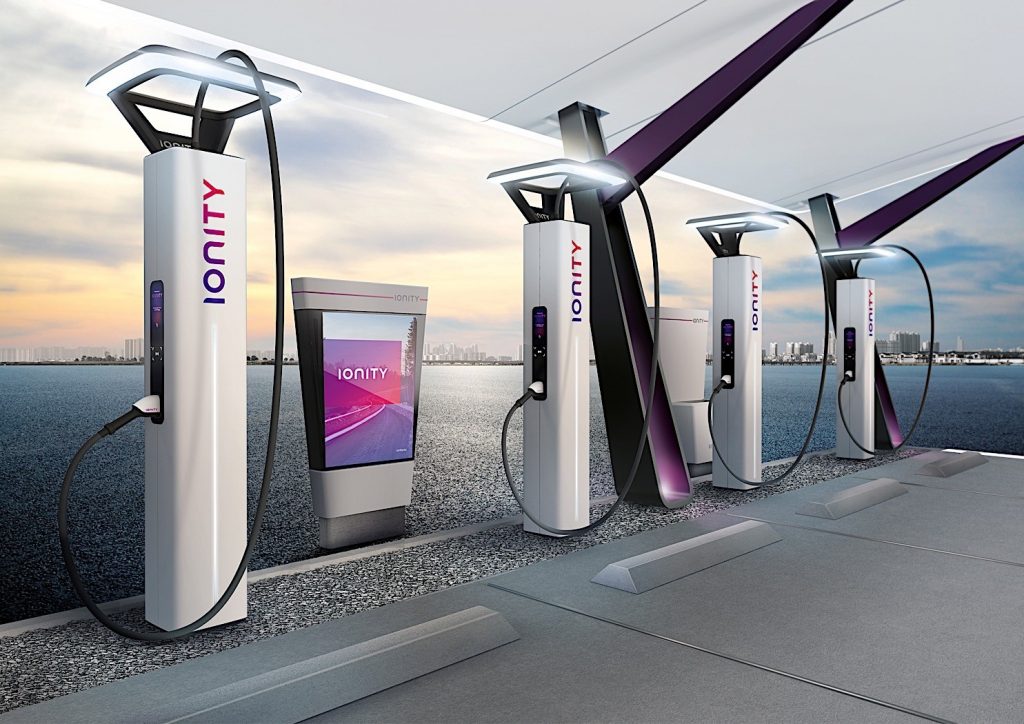
Kia is supporting its efforts to establish a leadership position in the global EV market through active collaboration with governments and by engaging in other commercial partnerships. Having established a new start-up in July this year, Purple M (specializing in providing customized e-mobility services based on EVs), Kia also plans to enhance collaboration with various government organizations to expand cooperation in several areas, including the conversion of public transportation to electric power, and the construction of EV charging infrastructures.

